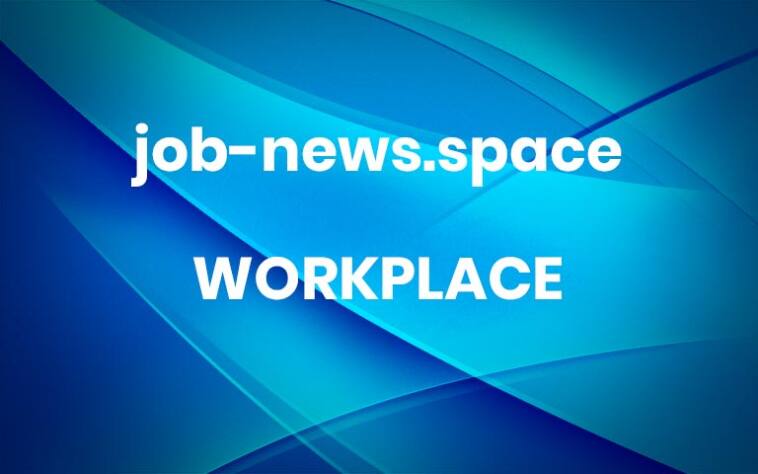Stop Applying, Start Connecting: 10 Little-Known Tips for Landing Your Dream Job
You’ve polished your CV until it shines. You’ve tailored your cover letters until they’re bespoke. You’ve set up so many job alerts that your inbox is screaming for mercy. And yet, the dream job remains elusive. Why? Because in today’s saturated market, the old rules are simply the baseline, not the winning strategy. The candidates…
Stop Applying, Start Connecting: 10 Little-Known Tips for Landing Your Dream Job Undercover Recruiter – More



